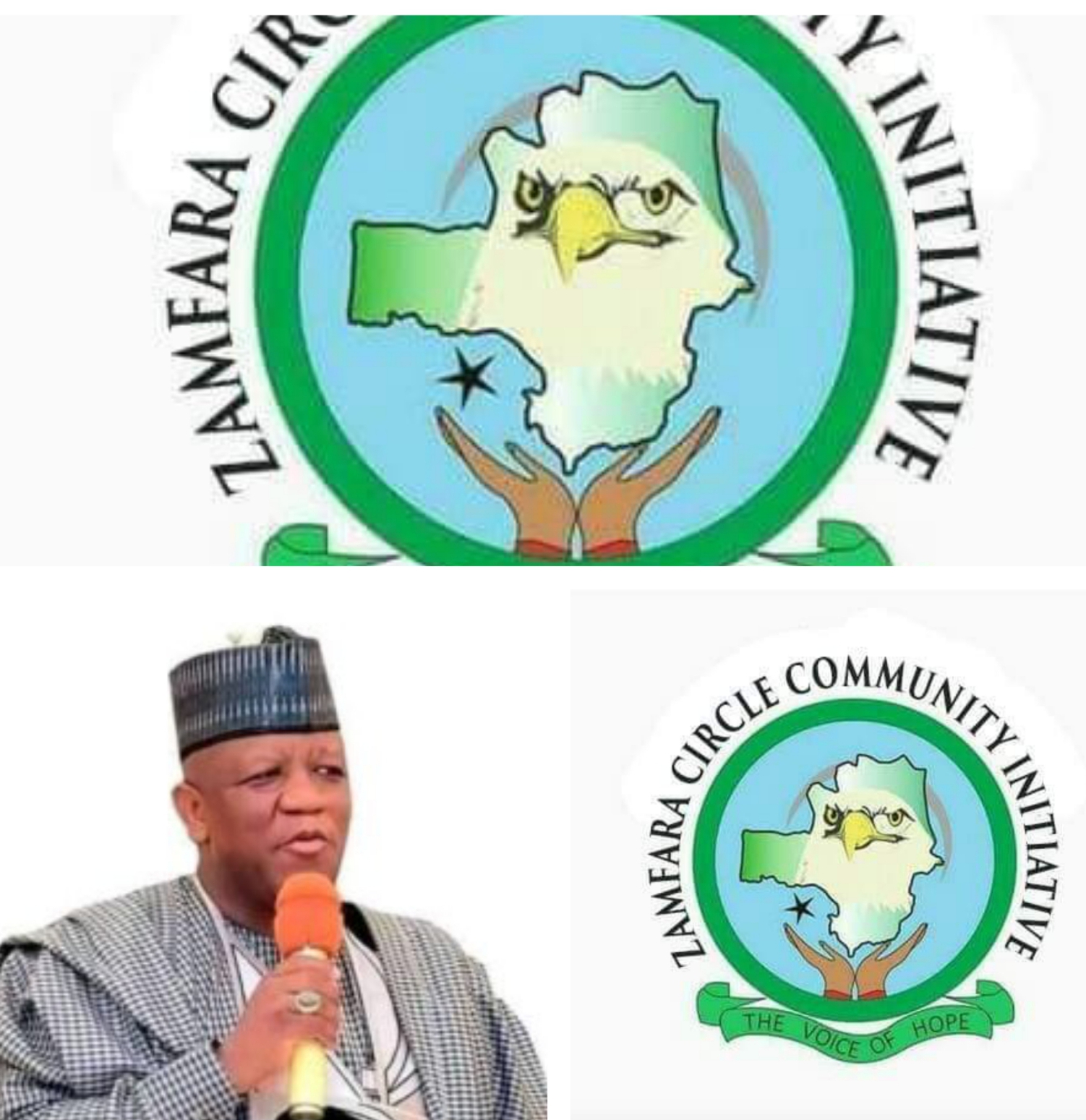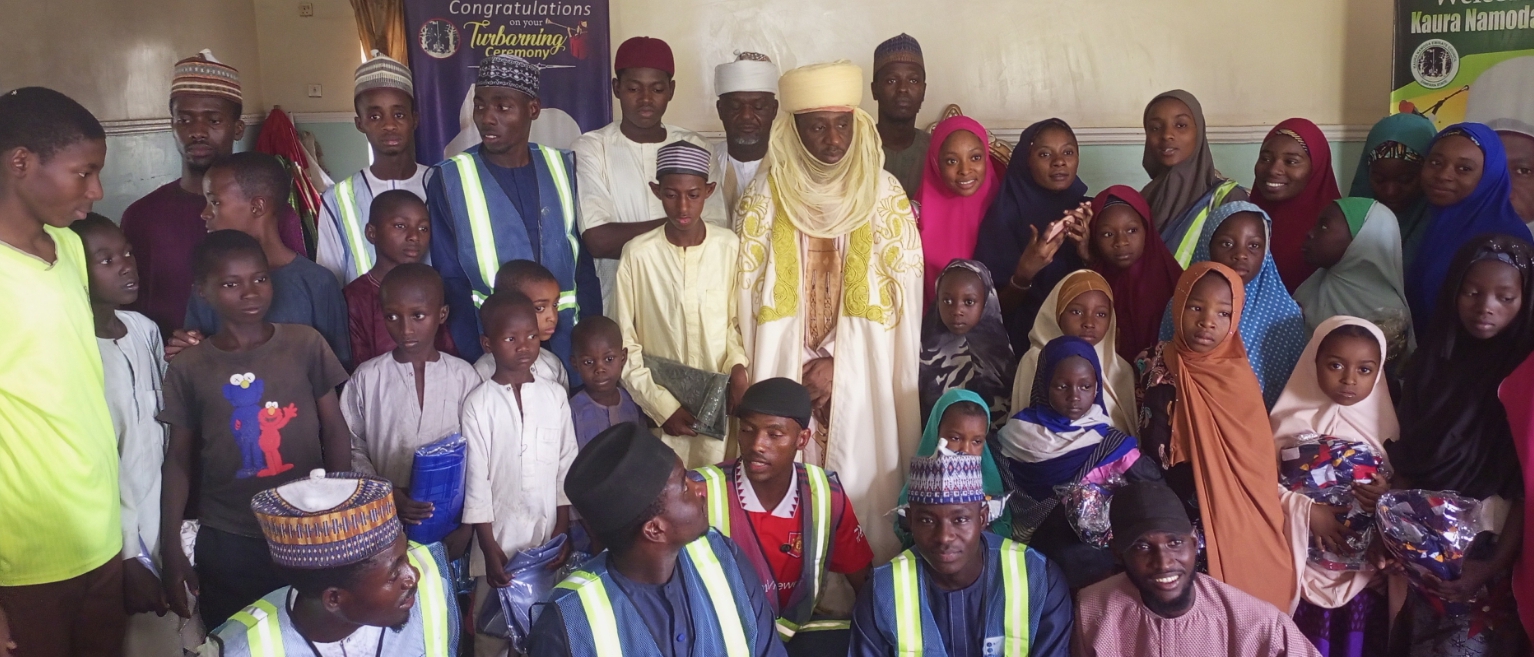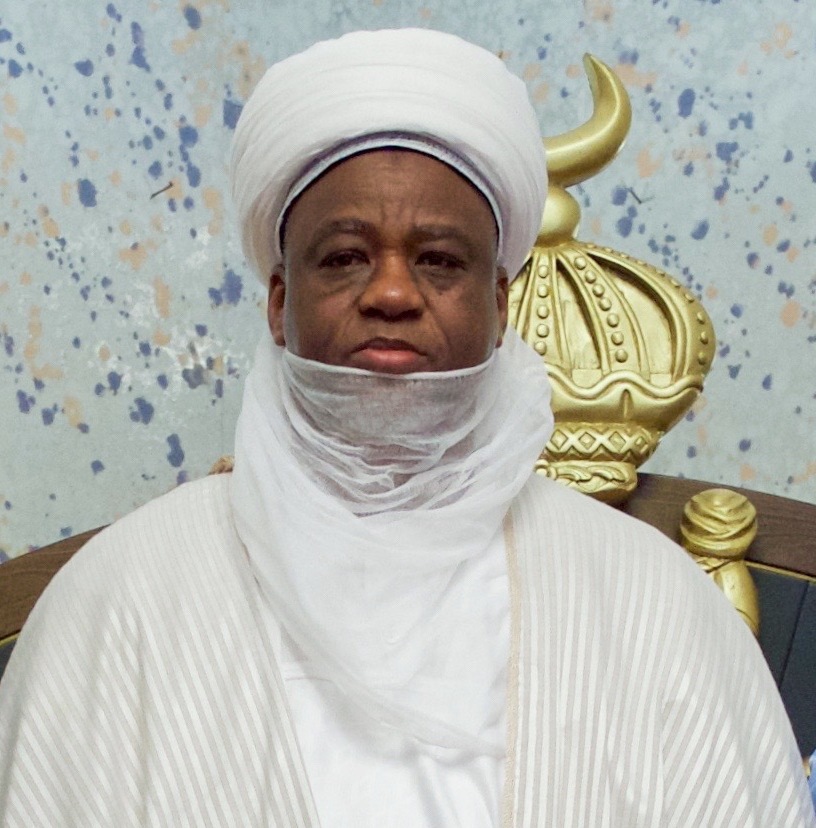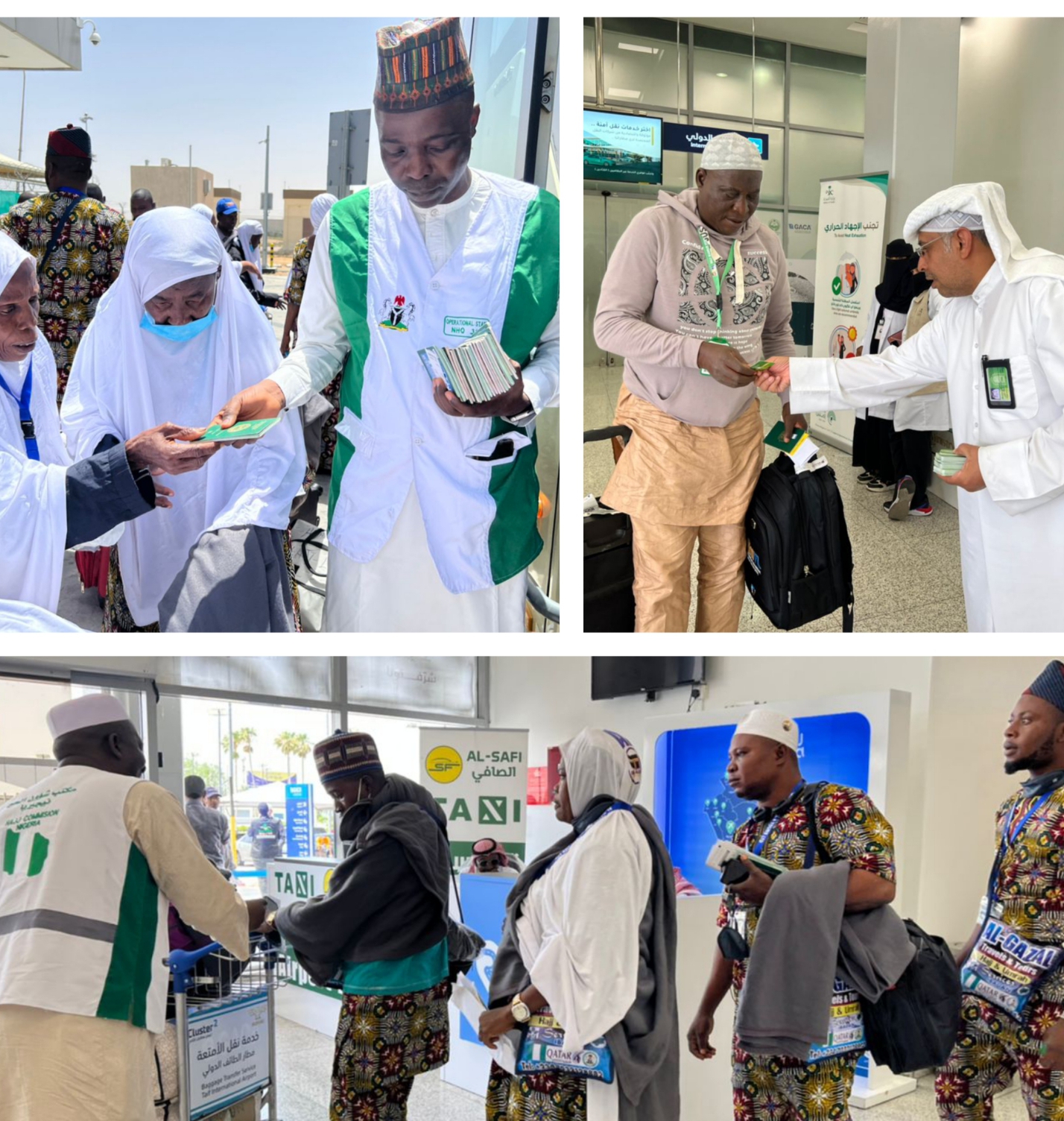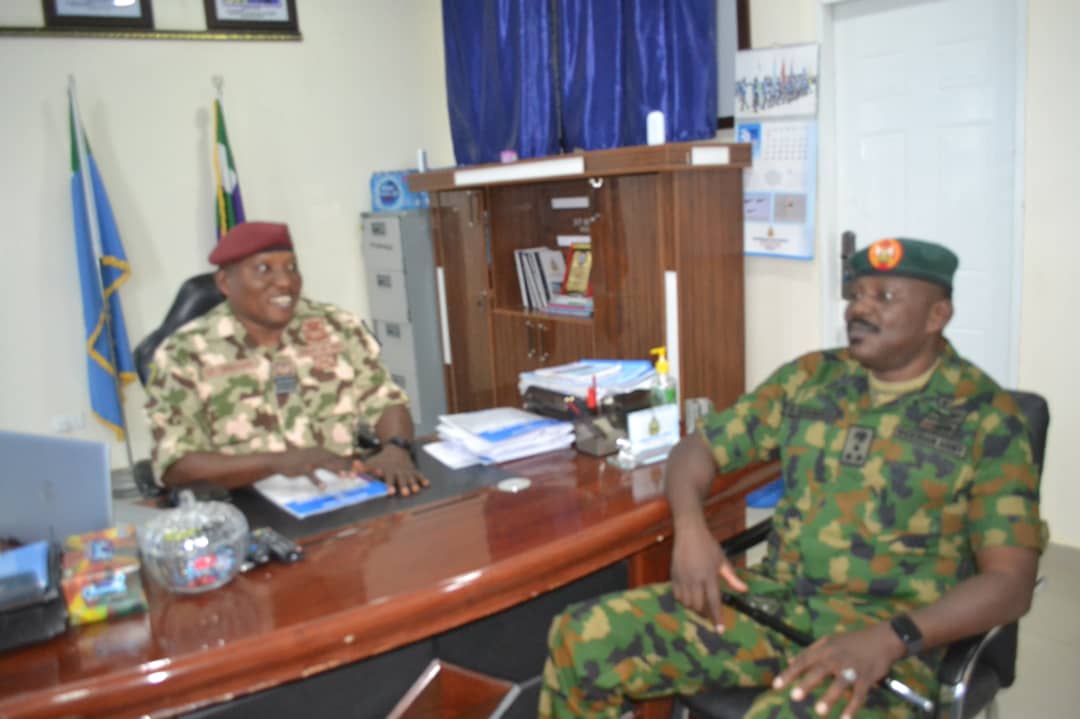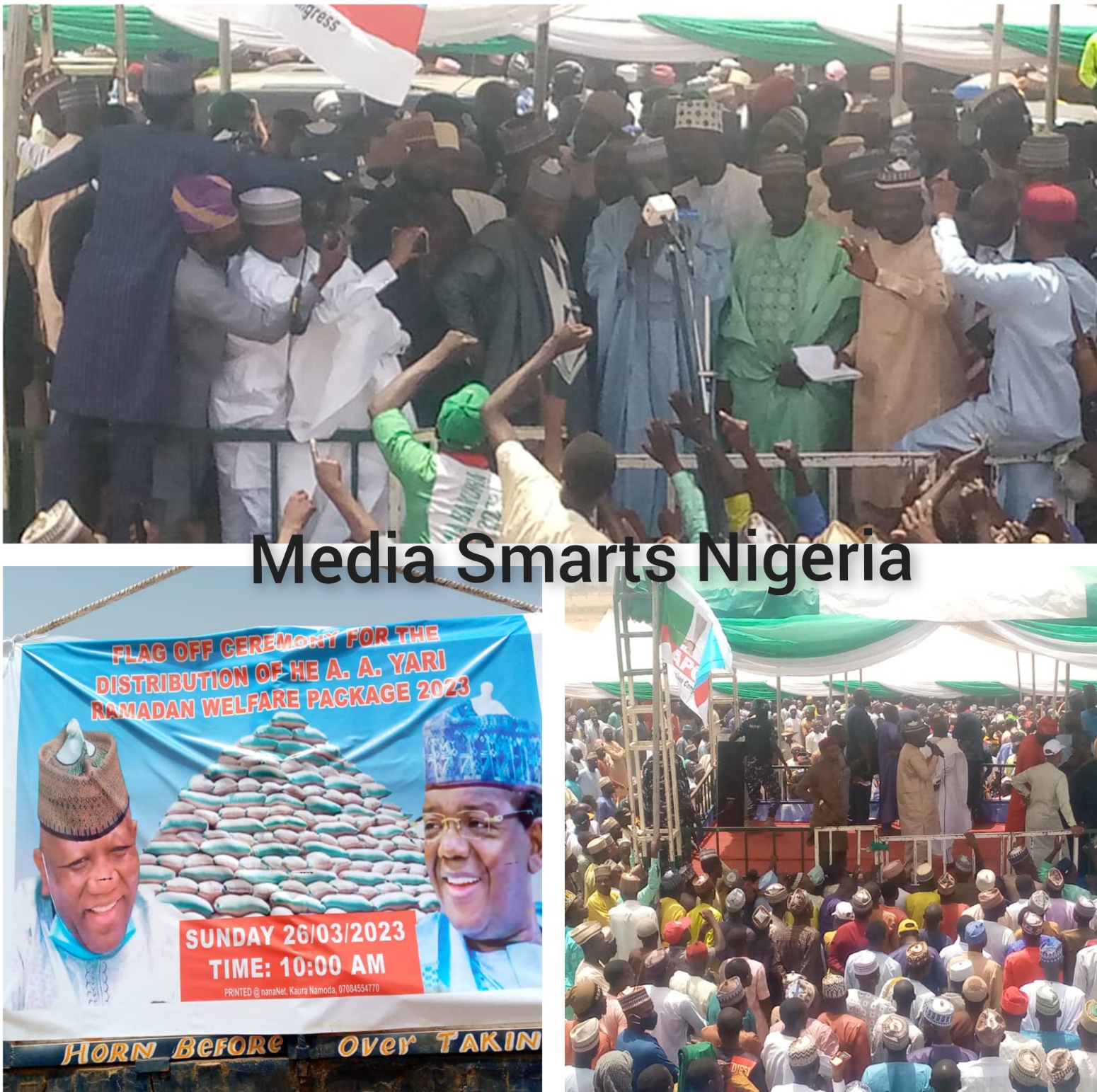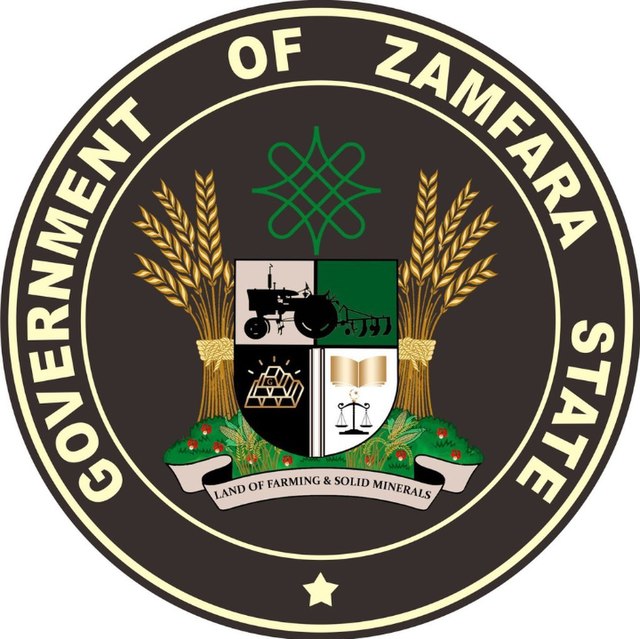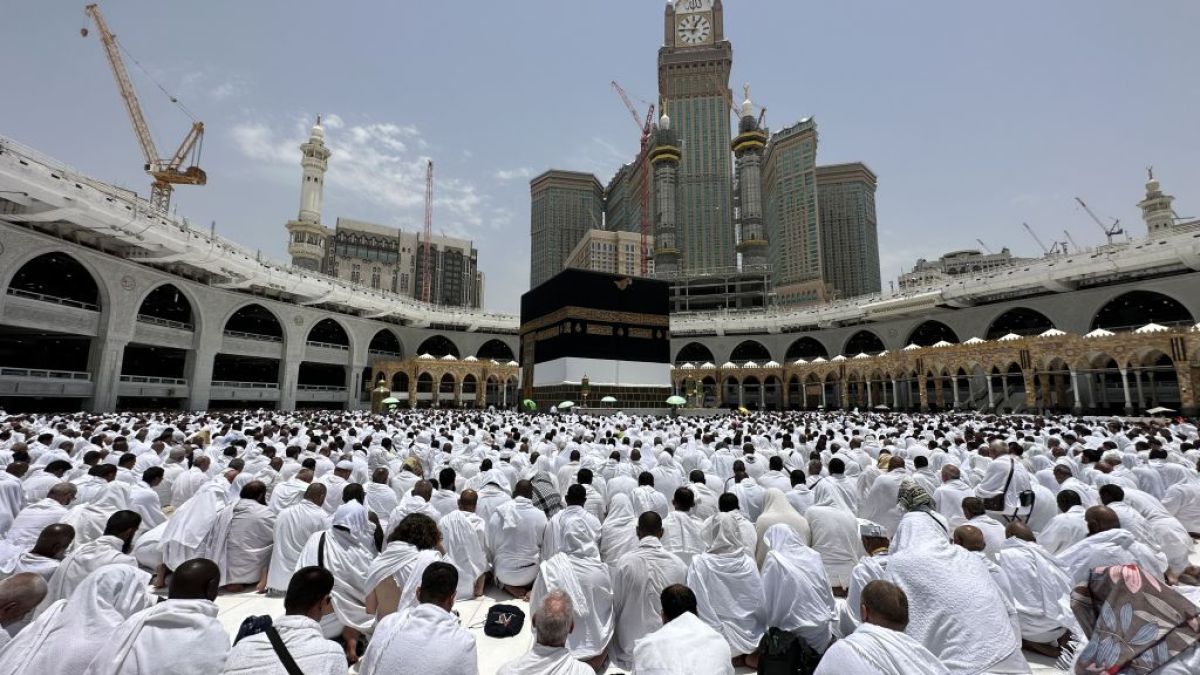
Independent Hajj Reporters (IHR), a civil society organization dedicated to monitoring and reporting on Hajj activities in Nigeria, has called on the National Assembly to amend the National Hajj Commission of Nigeria (NAHCON) Act. This amendment aims to establish a more cohesive and effective Hajj operating system in the country.
In a statement on Monday, signed by its National Coordinator, Ibrahim Muhammad, from Makkah, Saudi Arabia, IHR emphasized the need for this change due to adjustments in the Saudi Arabian Ministry of Hajj’s policy and calendar of events, which provide detailed guidelines for all participating countries.
As the fifth largest Hajj participant globally and the largest in Africa with an allocation of 95,000 slots, Nigeria is unique among the top 10 Hajj participating countries such as Indonesia, India, Pakistan, Bangladesh, Iran, Turkey, Afghanistan, Morocco, and Malaysia—in not having a centralized system.
Nigeria currently operates a three-tier system involving Federal, State, and Local Governments, which complicates the implementation of long-term Hajj plans.
Local Government Pilgrims officers handle registration under the control of state Muslim Pilgrims Welfare Boards, which then deposit funds into their accounts before transferring them to NAHCON’s operational account. This bureaucratic process, IHR argues, is time-consuming and inefficient.
“We support an advocacy for improved services to our dear pilgrims, but the recent calls for the decentralization of NAHCON and devolving powers to the states would be a very wrong move,” IHR stated.
The statement highlighted the impracticality of decentralization, pointing out that the Saudi Ministry of Hajj only engages with national Hajj missions, not regional bodies. Decentralization would require 36 state pilgrim’s welfare boards to individually liaise with Saudi authorities, sign separate Hajj memorandums, and manage their own delegations, which is unprecedented and impractical.
Regarding service delivery, NAHCON has successfully managed airline services and accommodation in Madina, ensuring pilgrims stay in 4-star hotels near the Prophet’s Mosque. Conversely, state-managed accommodations in Makkah have varied, with some, like Niger State’s, located far from the Holy Mosque, affecting pilgrims’ ability to observe prayers.
IHR also pointed out that delays in Hajj operations are often due to states failing to timely remit collected fares to NAHCON, sometimes because governors repurpose these funds, causing operational setbacks.
“We, therefore, call on the National Assembly to make it possible for pilgrims to pay their deposits directly to NAHCON so that the commission can meet its obligations on time and avoid jeopardizing the entire operation. This is also the best way to truly hold the commission accountable for any service failures,” IHR concluded.


